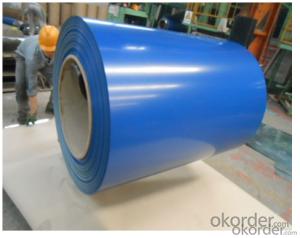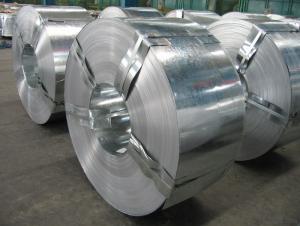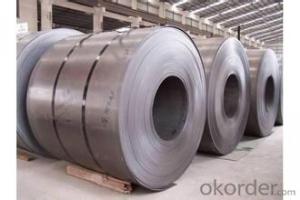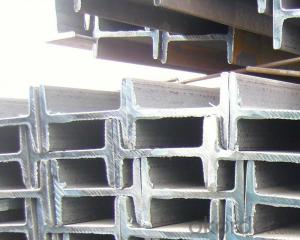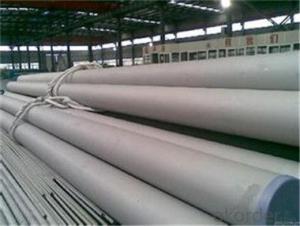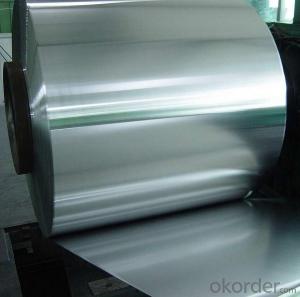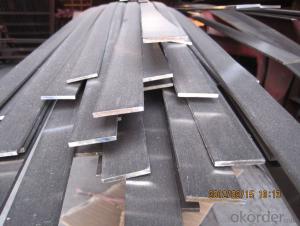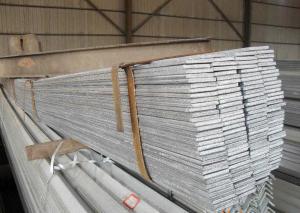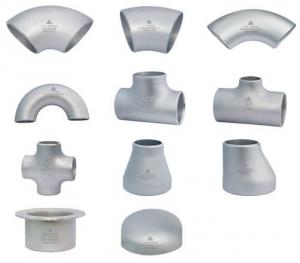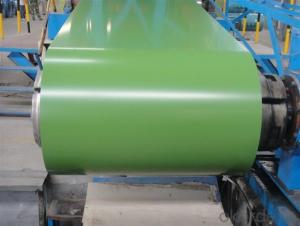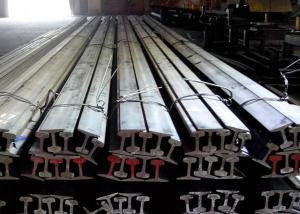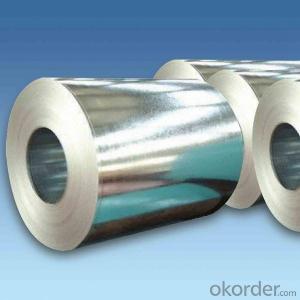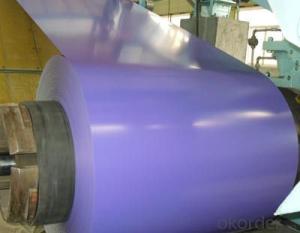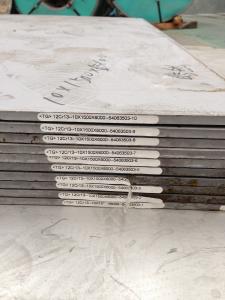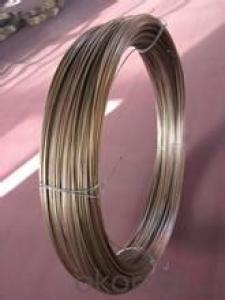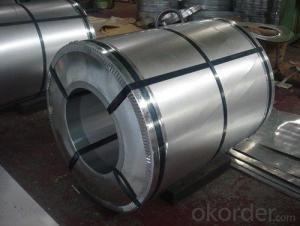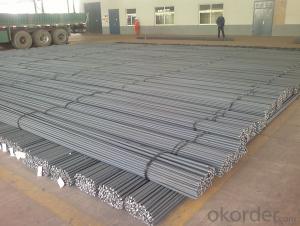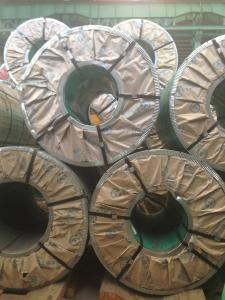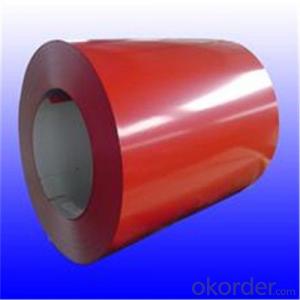All Categories
- - Steel Wire Rod
- - Steel Coils
- - Steel Profiles
- - Steel Pipes
- - Stainless Steel
- - Tinplate
- - Special Steel
- - Steel Sheets
- - Steel Rebars
- - Steel Strips
- - Hot Rolled Steel
- - Cold Rolled Steel
- - Pre-painted Steel
- - Seamless Steel Pipe
- - Welded Steel Pipe
- - Hollow Steel Tubes
- - Galvanized Pipe
- - Stainless Steel Coil
- - Stainless Steel Sheet
- - Stainless Steel Plate
- - Stainless Steel Strips
- - Electrolytic Tinplate Coil
- - Electrolytic Tinplate Sheet
- - Stainless Steel Rebars
- - Solar Panels
- - Solar Water Heater
- - Solar Related Products
- - Solar Inverter
- - Solar Cells
- - Solar Light
- - Solar Energy Systems
- - Solar Controllers
- - Solar Mounting System
- - Solar Pump
- - Solar Chargers
- - Fiberglass Chopped Strand
- - Fiberglass Mesh Cloth
- - Composite Pipes
- - FRP Pultrusion Profiles
- - Fiberglass Mat Tissue
- - Fiberglass Fabrics
- - Fiberglass Mesh
- - Composite Tank
- - Fiberglass Mesh tape
- - Polymer
- - FRP Roofing Panel
- - Fiberglass Roving
- - Monolithic Refractories
- - Ceramic Fiber Products
- - Refractory Bricks
- - Raw Materials For Refractory
- - Suspended Platform
- - Cranes
- - Concrete Machinery
- - Earthmoving Machinery
- - Building Hoist
- - Road Building Machinery
- - Plastic Pipe Fittings
- - Plastic Tubes
- - Plastic Sheets
- - Agricultural Plastic Products
- - Plastic Nets
 All Categories
All Categories
Q & A
What is the impact of alloying elements on cold-rolled steel properties?
The impact of alloying elements on cold-rolled steel properties is significant. Alloying elements are added to steel to enhance its strength, hardness, durability, and other desirable properties. For example, elements like carbon, chromium, and nickel can increase the hardness and strength of the steel, while elements like manganese and molybdenum can improve its toughness and resistance to wear and tear. Additionally, alloying elements can also affect the steel's ability to resist corrosion and oxidation. Overall, the presence of alloying elements in cold-rolled steel plays a crucial role in determining its mechanical and chemical properties.
How is the surface quality of cold-rolled steel ensured during production?
The surface quality of cold-rolled steel is ensured during production through a series of processes and quality control measures. Firstly, the raw steel is cleaned and descaled to remove any impurities and surface defects. It is then passed through cold rolling mills, where the steel is compressed between rollers to reduce its thickness and improve its surface finish. To further enhance the surface quality, annealing is performed, which involves heating the steel and then gradually cooling it to relieve internal stress and improve its smoothness. Additionally, various inspections and tests are carried out at different stages of production to identify and rectify any surface defects or imperfections. Overall, a combination of cleaning, rolling, annealing, and stringent quality control measures helps ensure the desired surface quality of cold-rolled steel.
How is the flatness of cold-rolled steel ensured during production?
The flatness of cold-rolled steel is typically ensured during production through a combination of advanced manufacturing techniques and quality control measures. The process involves passing the steel through a series of rollers, which apply pressure and reduce the thickness of the material. To maintain flatness, the rollers are precisely calibrated and aligned to exert uniform pressure on the steel. Additionally, tension levelling techniques may be employed to further enhance the flatness by stretching the material to eliminate any residual stresses. Continuous monitoring and inspection are also carried out throughout the production process to identify and correct any deviations from the desired flatness specifications.
Wholesale Cold Rolled Steel from supplier in Cameroon
Our dedication to quality is reflected in our rigorous quality control processes, ensuring that our Cold Rolled Steel products meet the highest industry standards. We source our materials from reputable mills and manufacturers, guaranteeing the reliability and durability of our products.
In addition to our high-quality products, we also provide a range of value-added services to enhance your procurement experience. Our technical support team is available to assist you with any inquiries or technical specifications you may have. We can also provide customized solutions and recommendations based on your specific project requirements.
As a subsidiary of CNBM, we have access to a vast global network of resources and expertise. This allows us to offer competitive pricing and efficient logistics solutions, ensuring timely delivery of your Cold Rolled Steel orders. We understand the importance of meeting project deadlines, and we are committed to providing prompt and reliable service.
At our company, customer satisfaction is our top priority. We strive to build long-term relationships with our clients and ensure that their needs are met at every step of the procurement process. Our dedicated sales team is available to assist you with any inquiries, quotations, or order tracking.
Choose us as your Cold Rolled Steel supplier in Cameroon, and experience the benefits of working with a trusted and reliable partner. Contact us today to discuss your requirements and let us provide you with the best solutions for your Cold Rolled Steel needs.
In addition to our high-quality products, we also provide a range of value-added services to enhance your procurement experience. Our technical support team is available to assist you with any inquiries or technical specifications you may have. We can also provide customized solutions and recommendations based on your specific project requirements.
As a subsidiary of CNBM, we have access to a vast global network of resources and expertise. This allows us to offer competitive pricing and efficient logistics solutions, ensuring timely delivery of your Cold Rolled Steel orders. We understand the importance of meeting project deadlines, and we are committed to providing prompt and reliable service.
At our company, customer satisfaction is our top priority. We strive to build long-term relationships with our clients and ensure that their needs are met at every step of the procurement process. Our dedicated sales team is available to assist you with any inquiries, quotations, or order tracking.
Choose us as your Cold Rolled Steel supplier in Cameroon, and experience the benefits of working with a trusted and reliable partner. Contact us today to discuss your requirements and let us provide you with the best solutions for your Cold Rolled Steel needs.
